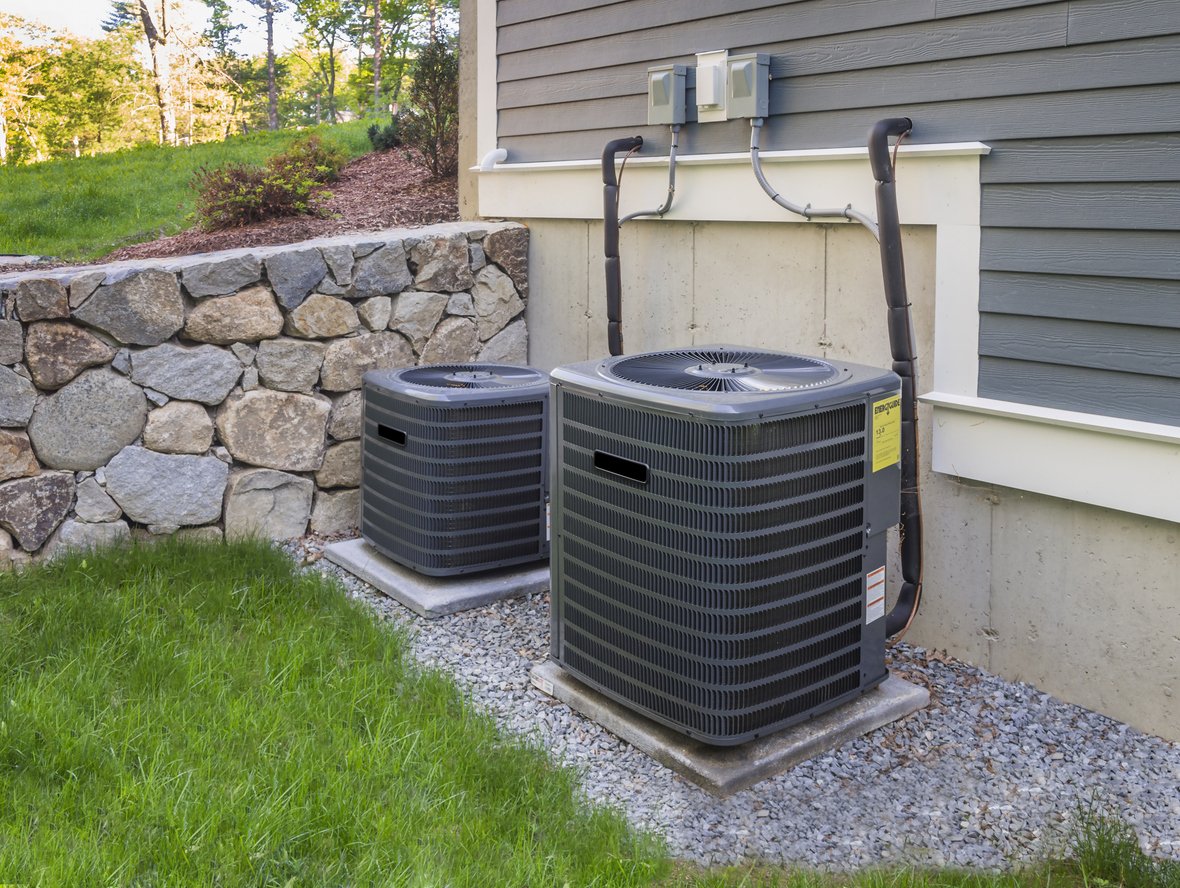What Type of Air Conditioner Do I Need? A Guide To The AC World
Choosing the right air conditioner for your home or office can be a daunting task, given the myriad options available in the market. Each type of air conditioner has its own set of advantages and disadvantages, making it crucial to understand which one best suits your needs. In this blog, we'll explore the different types of air conditioners, their pros and cons, and other useful information to help you make an informed decision.
Window Air Conditioners
Pros:
Cost-Effective: Typically cheaper than other types of air conditioners.
Easy Installation: Can be installed in a window frame, often without professional help.
Space-Saving: Does not occupy floor space.
Cons:
Limited Coverage: Best for cooling single rooms or small spaces.
Obstructs View: Takes up window space, potentially blocking light and view.
Noise: Can be noisier than other types of air conditioners.
Best For: Small apartments, dorm rooms, or any single room that needs cooling.
Portable Air Conditioners
Pros:
Mobility: Can be moved from room to room as needed.
Easy Installation: No permanent installation required; just a window for the exhaust hose.
Space-Saving: Suitable for places where a window unit or split system isn't feasible.
Cons:
Limited Coverage: Effective for small to medium-sized rooms.
Noise: Can be quite loud during operation.
Energy Efficiency: Generally less efficient than other types.
Best For: Renters, small offices, or temporary cooling solutions.
Split Air Conditioners
Pros:
Efficient Cooling: Provides powerful and even cooling for larger spaces.
Quiet Operation: Indoor unit is relatively quiet compared to window or portable units.
Aesthetic Appeal: Wall-mounted units do not obstruct windows or floor space.
Cons:
Higher Cost: More expensive to purchase and install.
Installation: Requires professional installation and potential wall modifications.
Maintenance: Regular maintenance needed to keep the system running efficiently.
Best For: Small homes, offices, and larger rooms where efficient cooling is important.
Central Air Conditioning Systems
Pros:
Whole-House Cooling: Efficiently cools entire homes or large spaces.
Air Quality: Often includes air filters that improve indoor air quality.
Energy Efficient: Modern systems can be very energy-efficient, reducing overall costs.
Cons:
High Initial Cost: Expensive to install and may require ductwork.
Complex Installation: Requires professional installation and significant modifications to existing structures.
Maintenance: Regular maintenance is crucial to ensure system longevity and efficiency.
Best For: Large homes, commercial buildings, and spaces requiring uniform temperature control.
Ductless Mini-Split Systems
Pros:
Flexible Installation: No ductwork needed, can be installed in various locations.
Efficient Cooling: Provides zoned cooling, allowing different temperatures in different areas.
Quiet Operation: Typically quieter than window or portable units.
Cons:
Cost: Higher upfront cost compared to window or portable units.
Aesthetic Impact: Wall-mounted units may not suit everyone's aesthetic preferences.
Maintenance: Requires periodic cleaning and maintenance.
Best For: Homes without existing ductwork, add-on rooms, and rooms with zoned cooling requirements.
Additional Considerations
When choosing an air conditioner, it's essential to consider the following factors:
Size and Capacity: Ensure the air conditioner is appropriately sized for the space you intend to cool. An undersized unit will struggle to cool the space, while an oversized unit will cycle on and off too frequently, reducing efficiency.
Energy Efficiency: Look for units with a high SEER (Seasonal Energy Efficiency Ratio) rating. Higher ratings indicate better energy efficiency, which can lead to significant savings on your energy bills. With some units you can receive a tax rebate as well. You can find out which ones you qualify for by checking the Energy Star website and entering your zip code.
Installation and Maintenance: Consider the ease of installation and the level of maintenance required. Some units require professional installation and regular upkeep, while others are more straightforward to manage.
Noise Levels: If noise is a concern, opt for units known for their quiet operation, such as split or ductless mini-split systems.
Budget: Factor in both the initial cost and the long-term operating costs. While some units may have a higher upfront cost, their energy efficiency can result in lower long-term expenses.
Choosing the Perfect Air Conditioner for Your Comfort
Choosing the right air conditioner involves balancing your cooling needs, budget, and installation constraints. By understanding the pros and cons of different types of air conditioners, you can select a unit that provides optimal comfort and efficiency for your space. Whether you need a simple solution for a single room or a comprehensive system for a larger home, there is an air conditioner that fits your needs. Remember to consider the size, energy efficiency, noise levels, and maintenance requirements to ensure you make the best choice for your cooling comfort.

